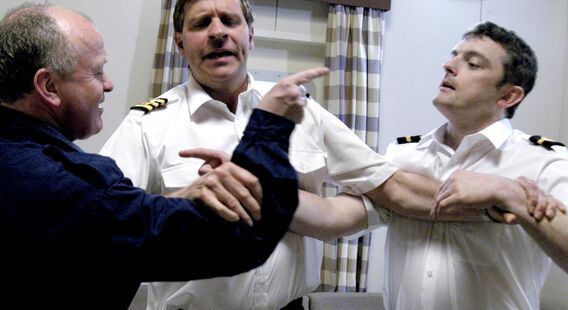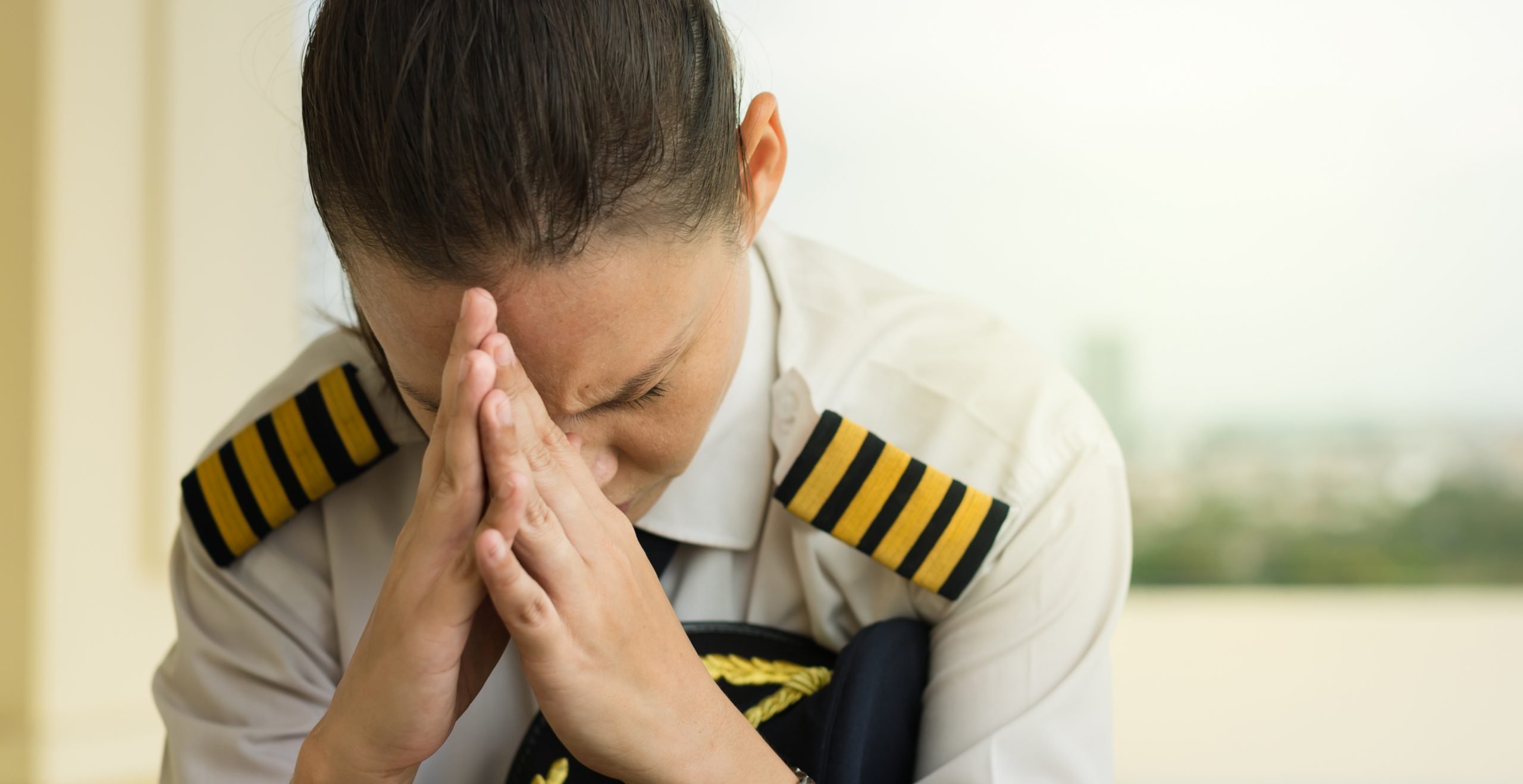Healthy, Wealthy and Wise: Making Happy Seafarers
Author: Raal Harris
Videotel attended the CrewConnect conference recently held in Manila, while there we heard the buzz about making seafarers happy. #Happyatsea began a Twitter storm of views and pictures, explaining what made life at sea worth living.
Making crews happy
When taking to the podium at CrewConnect, maritime charities expert Kimberly Karlshoej questioned all that it was to be a seafarer. What, she asked, made people happy when they worked at sea?
She then went to encourage cadets to tweet, and the many professionals in attendance too. Suddenly the whole place began to discuss the matter and explore all the things that can have such an impact on people.
From across the world, seafarers joined in and talked about their experiences, and the interest and support for the initiative was staggering, with some 630,000 impressions in just 2 days. The seafarers who spoke, explained what it meant to them to have a life of enjoyment while at work.
Their posts and tweets made for fascinating reading, spanning everything from contact with home to the sight of the setting sun. They talked of the sea as a challenge, and enjoyed the opportunities to travel the world and to meet people. They also stressed the importance of having a company that cared for welfare, and knowing that other mariners cared about them.
Making Progress
Some companies are already well ahead of the curve when it comes to welfare, and of working out how to harness the right things for their people. Speaking recently, one clinical psychologist who has been working in shipping shared his insight.
Having been conducting wellness workshops with ship’s officers, it seems that seafarers want their unique situation to be understood and taken into account. There are incredible challenges for those at sea, and it is impossible to set out to ensure their “wellness”, without understanding what they face.
These include weather concerns, piracy fears, workload, isolation, fatigue, etc. which can place seafarers under a lot more stress than someone working on land. Issues which when left unaddressed, these can result in lowered moral, conflict, mental health issues, increased human error, accidents, lifestyle illnesses, lowered productivity, burnout, and even suicide.
When speaking in the press recently, the same psychologist stressed that seafarers need to be adequately equipped to, “manage their personal wellness”. Which seems to be when things get a little more problematic. What happens when companies don’t help their crews reach this level of marine zen? It seems that it may be even harder for seafarers who are left to get on with their own “wellness”, without the support of a culture which embraces such wants and needs?
Mental Health at Sea
The issue of mental health at sea is becoming ever more to the fore, and indeed is being recognised as being ever more important. Maritime charities, such as The Mission to Seafarers, Sailors Society and ISWAN are all working hard to ensure that the message is being heard loud and clear.
It is increasingly being seen that shipping companies should look to establishing wellness management systems, and the ways and means of developing proactive programs that help build awareness, resilience and wellness for all seafarers.
They are also being encouraged to ensure that remedial support is provided to identify and help seafarers who may be struggling with mental health issues. This is an issue which has been neglected for too long, as it impacts every aspect of shipping.
The mental wellbeing of those at sea is of paramount importance – obviously on a personal level for the crew member that might be affected, but so too for the entire crew. Having people in the team who are struggling can mean that safety is compromised, and that the social cohesion is affected. It is hard for people to perform to their best, if they feel depressed, under pressure or stressed.
Getting the message out
The message from progressive shipping companies, is that seafarers must be encouraged to understand the importance of wellness in their profession; an awareness of what factors can affect their wellness; as well as useful strategies they can use to take charge of their own wellness while at sea.
It is also vital that other officers and crew know how to identify, support and help those onboard who may be in distress. There are companies, and charities working so hard to break down the stigma of mental health issues. They are working to ensure that mental health is viewed just like any other health issue. It is simply part of the elements which make up overall wellness.
For some critics, the whole issue is symptomatic of an industry which is being forced to focus too hard on the symptoms of problems, rather than tackling the “disease”. For the recent Nautical Institute (NI) command seminar, it was not so much the issue of problems relating to health and wellbeing that was the issue. More the fact that fatigue and the fact that hours of work are being falsely reported, that is where so many issues stem from.
The speakers at the NI seminar were forthright in their views. There was a strong sense that unless these issues are addressed – then the goals of positive mental health and wellness are but a pipe dream.
Tips for wellness at sea
Most companies progressing on the worker wellness front are not from the shipping industry. So, it can often be frustrating to try and learn from them, only too see that most of the successfully applied ideas do not translate to a shipboard environment.
What can be done to make for seafarer wellbeing? Here we look at some of the basics for starting a wellness programme at sea:
- Ask what seafarers want/need: To badly paraphrase the COLREGS, assumptions shall not be made on the basis of scanty information, especially scanty crew information. So, ask the questions, survey, talk to people onboard and find the challenges and solutions.
- Start small: It is often better to trial ideas, then readjust than to make proud pronouncements, only to see the campaigns fall flat. Try things out, and listen to the responses and the evidence they produce.
- Focus on training: Knowledge empowers crews to take charge of their health and wellbeing. So, make sure seafarers know what they should be doing, and then make sure they can do it.
- Budget for change: Make sure that any initiatives are budgeted and are allowed the time they need to take effect.
What do you think? Is mental health the next challenge for shipping? Have you heard of any ideas which are making a difference to seafarers today? We would love to hear from you, so please get in touch.
FREE PACKAGE
To learn more about this FREE Seafarers’ Mental Health and Wellbeing Package

Resilience
Problems arise on board ships every day and seafarers are confronted with challenges that can be difficult to overcome. Without adequate resilience, seafarers are unable to bounce back from setbacks and fail to ensure the continued safe operation of the vessel.




